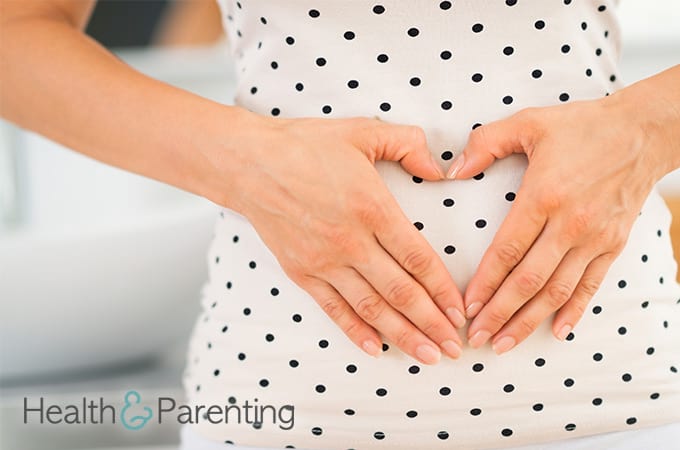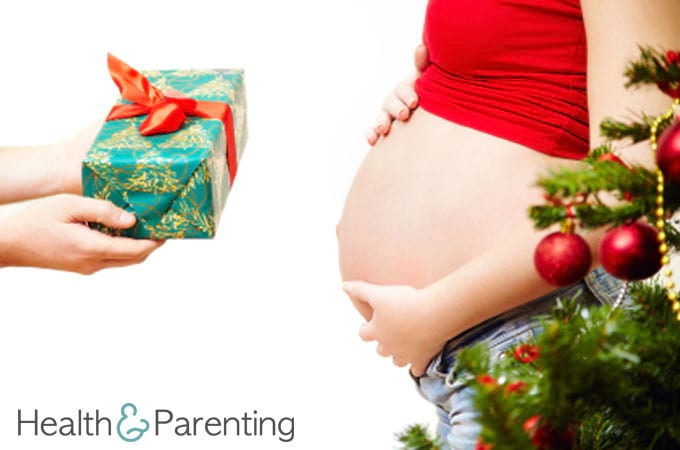You won’t notice any pregnancy symptoms until implantation occurs. Implantation is when the fertilised egg implants itself in the lining of your uterus. This usually occurs between seven and 10 days after conception. Once the embryo is implanted in your womb, it will start producing pregnancy hormones, and you will begin to notice changes in your body. If you suspect you may be pregnant, look out for the following early symptoms of pregnancy:
A missed period This is considered to be one of the most reliable early symptoms of pregnancy. If you have a regular menstrual cycle, and your period is late, it could be the first clue that you may be pregnant.
Spotting Some women notice spotting (light bleeding) around the time of implantation. Spotting is much lighter than a menstrual period, often little more than a few spots of blood, and tends to be brown or pink in colour.
Nausea Once your body starts producing pregnancy hormones, you may begin to suffer from nausea and morning sickness. Unlike the name suggests, morning sickness can happen at any time during the day. Try to avoid low blood sugar by eating little and often.
Increased discharge This thick, odourless, milky discharge is nothing to worry about, but you can wear a panty liner if you prefer.
Breast changes Breast changes are often considered to be one of the give-aways of early pregnancy. You may notice that your breasts appear bigger and feel tender. Your nipples may darken, and you may notice small bumps appearing on the areola.
Feeling tired Not just I-watched-too-much-Greys-Anatomy-last-night-tired, the tiredness of early pregnancy is experienced by many as a fatigue. If you’re finding it hard to get out of bed in the morning, yawning your way through client meetings, and falling asleep on the sofa before dinner, you may be experience pregnancy fatigue.
Heightened sense of smell Some women notice they are extra sensitive to smells during pregnancy, and this can kick in even before the pregnancy is confirmed. Some women report aversions to smells including petrol (gasoline), laundry detergent and cigarettes.
Feeling emotional As your body begins rapidly producing hormones, you may notice yourself feeling more emotional than usual. If you find yourself sobbing over commercials, and screaming at your partner for using the wrong washing up sponge, it could be pregnancy hormones at play.
Not all women experience all of the symptoms above. You may experience some and not others, you may not notice any symptoms, or you might hit the jackpot and be able to tick each one off your pregnancy bingo scratch card. Each pregnancy is unique, and your symptoms will differ to those of other women. If you have more than one pregnancy, you may notice different early symptoms of pregnancy for each.
If you think you may be pregnant, the most accurate way to find out for sure is to take a home pregnancy test. Wait until the day your period is due, because this increases the accuracy of the test. Read the instructions carefully, and follow them exactly when performing the test. Good luck!
What first made you wonder whether you were pregnant?
Written by Fiona, proud owner of a toddler, @fiona_peacock
This information is not intended to replace the advice of a trained medical doctor. Health & Parenting Ltd disclaims any liability for the decisions you make based on this information, which is provided to you on a general information basis only and not as a substitute for personalized medical advice. All contents copyright © Health & Parenting Ltd 2018. All rights reserved.











